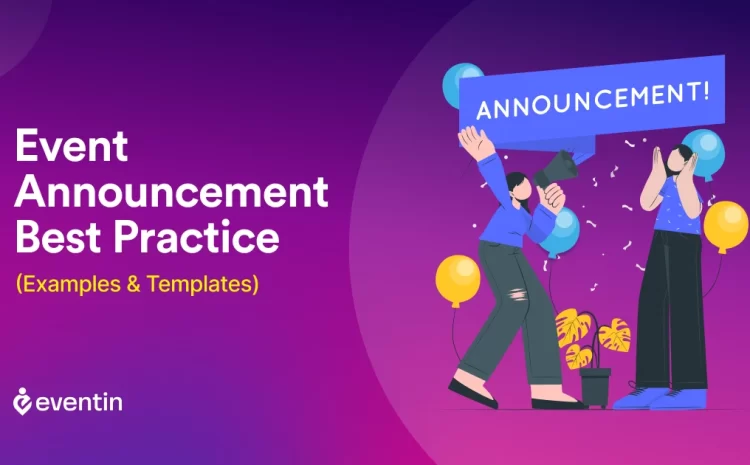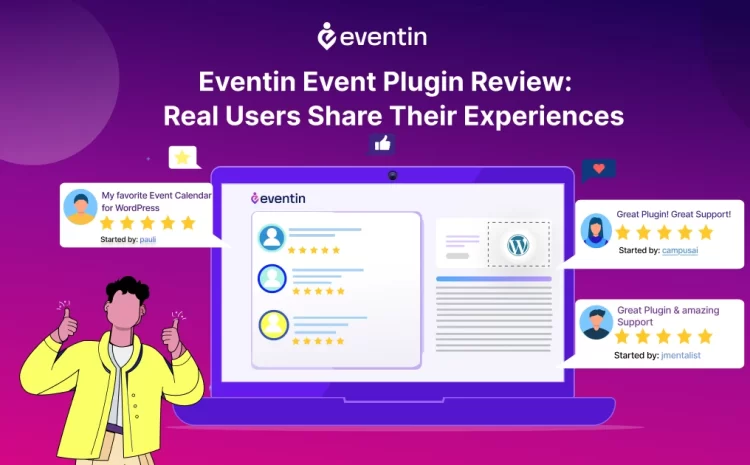How to Create Content that Will Rank Your Restaurant Website Higher in Search Results
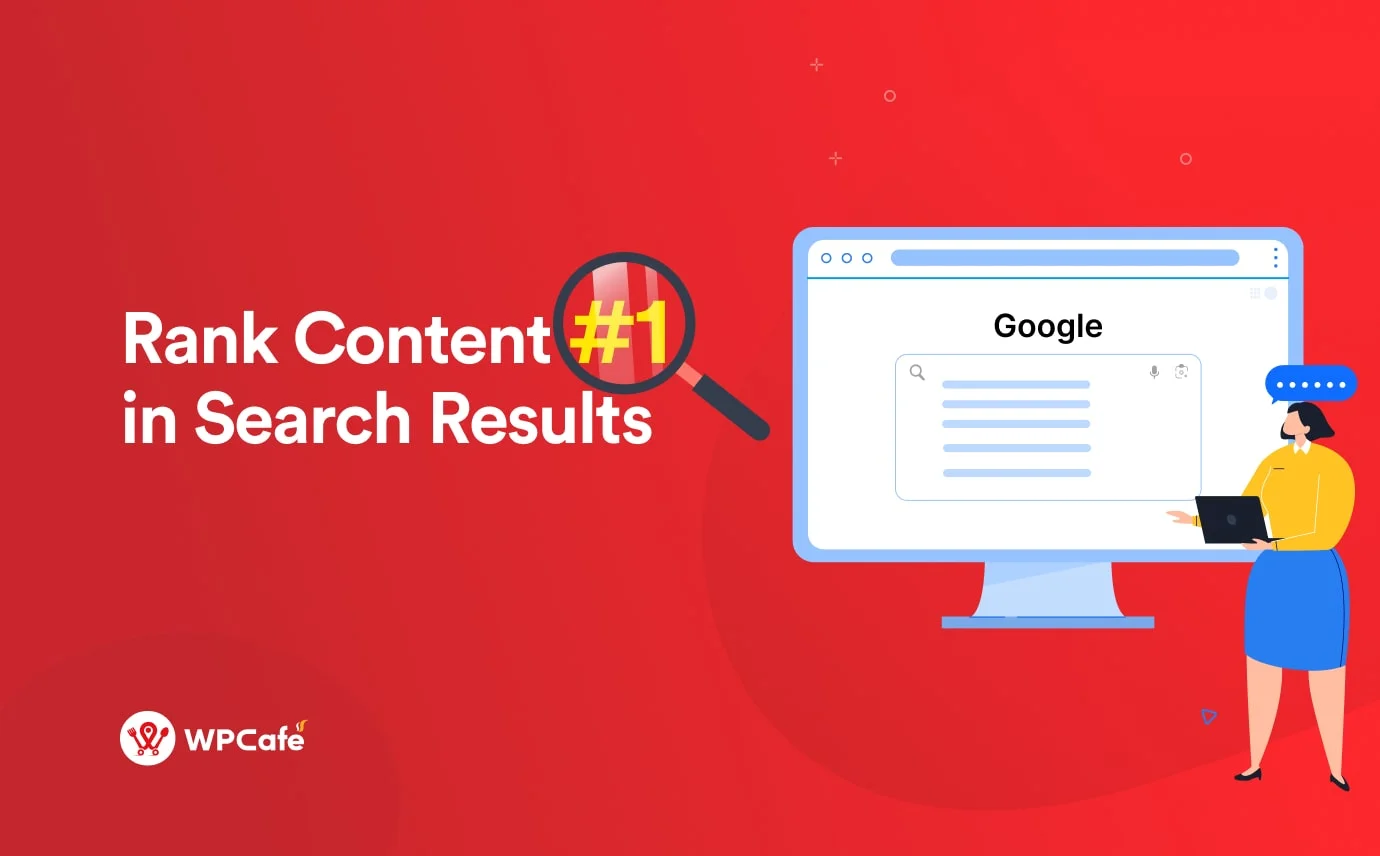
Table of Contents
Were you aware of the fact that more than 70% of diners check out a restaurant online before deciding where to eat?
In this situation, restaurants need to stay connected with their customer base and that can only be done by maintaining a strong online presence.
Having valuable content and SEO are two of the most important ways to take advantage of online visibility. Helpful and highly engaging content helps your website rank higher in search results, leading to increased traffic and more valuable leads.
This blog post will guide you through creating content that optimizes your restaurant website for search engines. By following these steps, you can ensure that your restaurant stands out in the crowded digital marketplace.
Keyword Research: The Foundation of Content
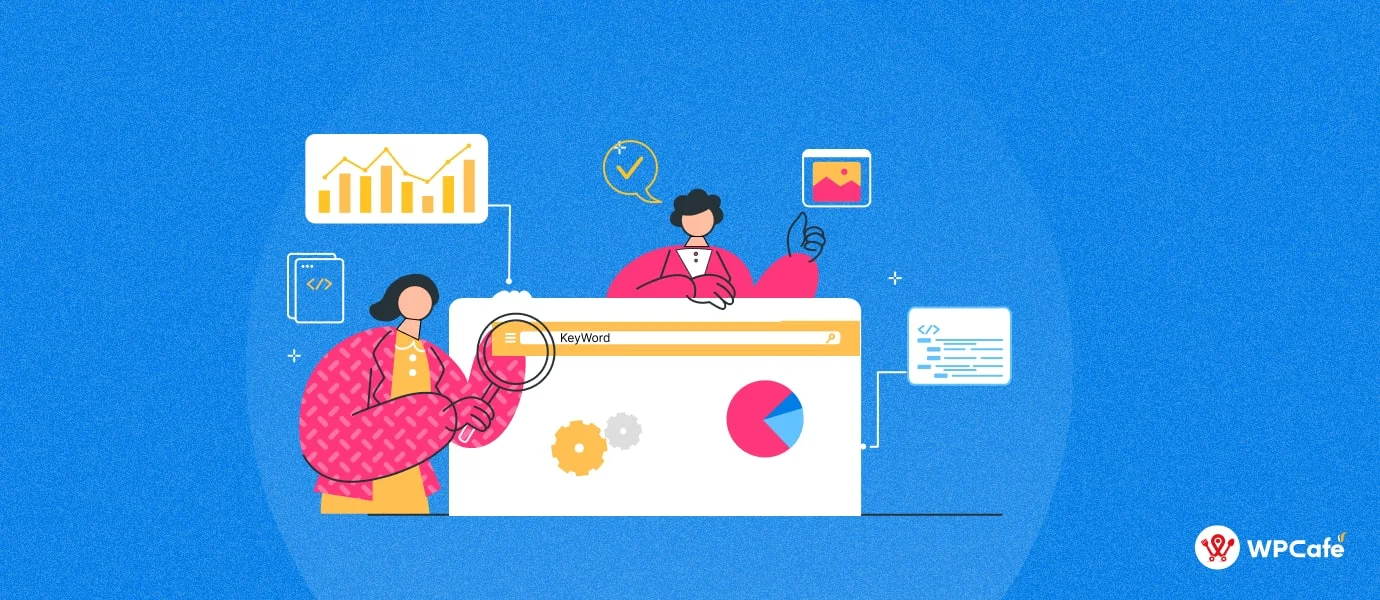
Keyword research creates the foundation for any content strategy to be successful. This means determining what words and phrases customers are most likely to use during a Google search for restaurants. By placing keywords in this type of content, you can increase the visibility of your website and drive more traffic to it in the long run.
➡️ Importance of Keywords
Keywords connect what people are searching for with the content you provide. For restaurant websites, relevant keywords might include “best restaurant websites,” “restaurant marketing,” or “how to create content for a restaurant.” These terms help search engines understand the context of your content and match it with user queries.
➡️ Tools for Keyword Research
There are several tools you can use to find the right keywords for your restaurant website. Google Keyword Planner, SEMrush, and Ahrefs are popular options. Use these tools to understand search volume, competition and related keywords that can further help you in picking the best suited terms for your content.
➡️ Identifying the Right Keywords
This is similar to the same as selecting what keywords to use; relevance and search intent. For restaurant websites, local keywords (like “best Italian restaurant in los angeles“) are particularly key. You can also capture focused traffic by targeting more precise searches using long-tailed keywords (“family friendly restaurants with vegan options“).
How to Create Content for Restaurant Website ( Ideas and Inspiration )
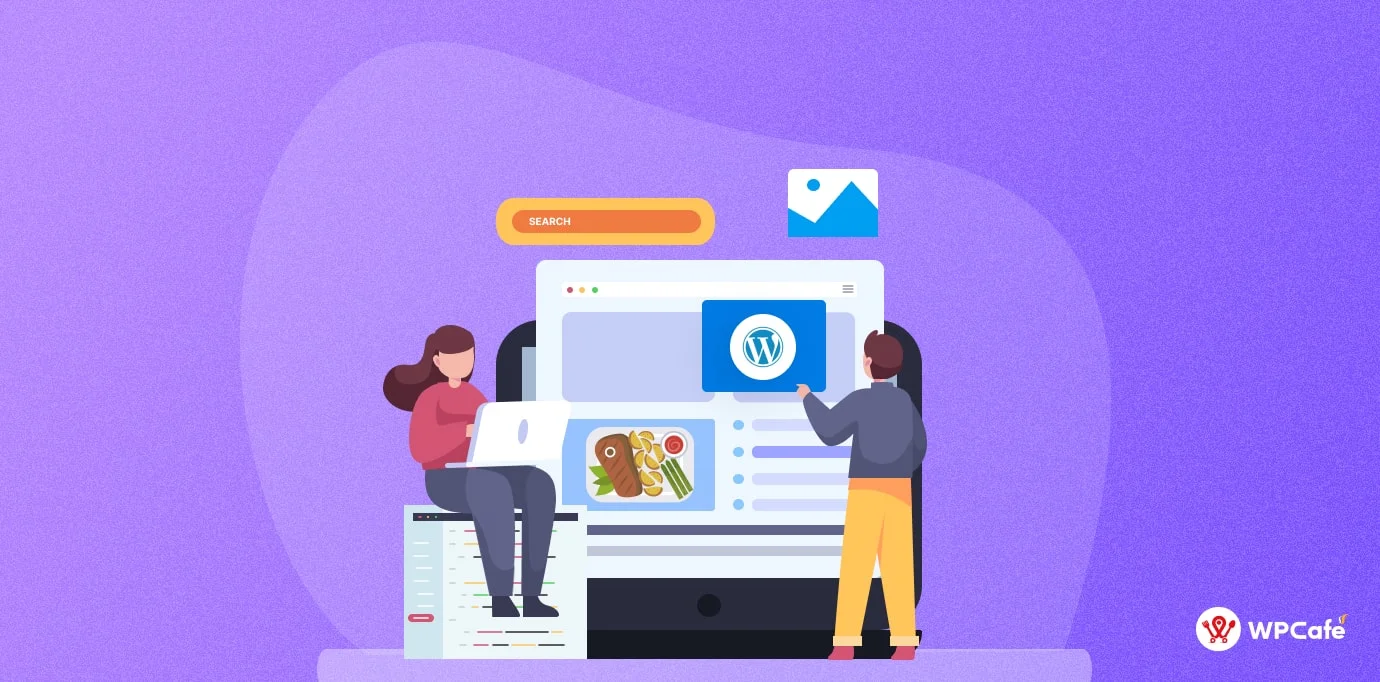
It is important to create diverse and engaging content to keep your audience engaged and to improve the performance of your website in the search engines. Here are some content ideas and inspiration for different aspects of your restaurant website.
✅ Landing Page Content for Restaurant
Your landing page is the first impression. When someone lands on your site, the first thing they see is the landing page that you have created for them. Make it eye-catching and include necessary information like the name of your restaurant, address, phone number (and directions), and a quick summary of what you serve. Entice customers by using high-quality images of your dishes and interior. The keyword usage in your headings, subheadings and body text should appear as a natural language to assist with SEO.
✅ Content for Restaurant Blogs
A blog is an excellent way to share helpful content and improve your website traffic. Write blog posts on topics like recipes, cooking tips, food trends, and local events. Tell stories about your restaurant’s history, chefs, and staff so your audience can get to know more about your business. Use keywords strategically throughout your blog posts to increase visibility.
✅ Social Media Content for Restaurants
Social media is a great way to connect with your audience and generate a large amount of traffic to your website. Share appetizing photographs of your dishes, upload playlists and post behind-the-scenes video snippets and alerts for special events or promotions on your social media pages. Make sure your hashtags and keywords are catchy so you can reach a lot of people. Encourage your customers to post about their experiences on social media and tag you in the posts so more people will be able to see.
✅ Content for Restaurant Email Marketing
Email marketing is a direct way for you to communicate with the people who are most important to you, your customers, and keep them aware of any changes in your restaurant interior, new food or other items that you will be adding. Send newsletters with updates on new menu items, upcoming events, and exclusive offers. Personalize your emails and include links to your website and social media profiles. Use engaging subject lines and relevant keywords to improve open rates and click-through rates.
✅ Content for Restaurant Video Marketing
Video marketing is one of the most effective ways to promote your restaurant’s atmosphere and menu through a video. Create videos that feature your signature dishes, chef’s specialities, and customer testimonials in order to promote your restaurant. Share behind-the-scenes footage of your kitchen, staff, and special events. Publish your videos on your website, social media, and YouTube and make sure you give descriptive titles, tags, and keywords on your videos so that they are easily found on search engines, and you can increase their visibility.
On-Page Optimization: Crafting Content for Search Engines
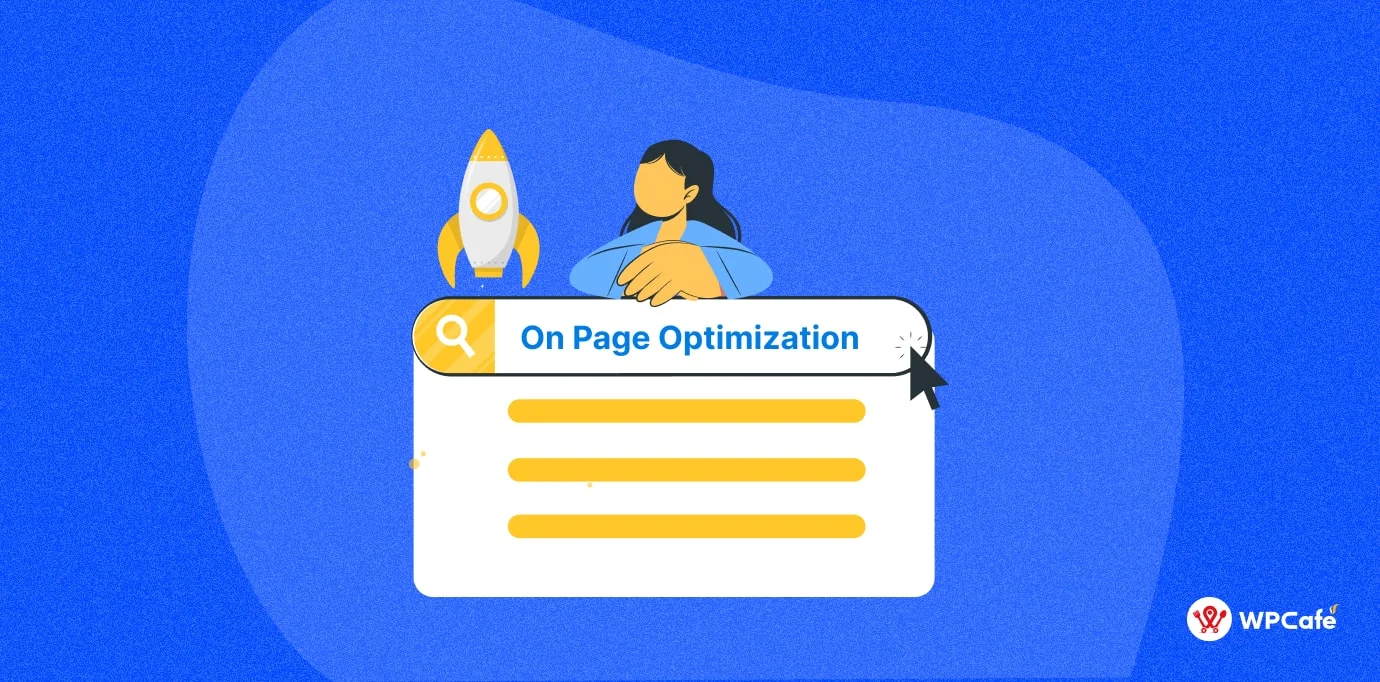
On-page optimization process structures your content and HTML elements in a way that is most appropriate for search engines to read. In this section, I will focus on some of the most important On-page SEO strategies that you must apply to your restaurant website.
▶️ Optimizing Meta Tags: Title tags and meta descriptions are important factors of SEO which you can improve. Optimized title tags that are human-friendly and clearly let search engines know what a page is about. Write detailed, click-worthy meta descriptions( between 160 characters) that are short and include target keywords.
▶️ Using Header Tags: The header tag (H1, H2, H3, etc.) is a great way to help organize your content in order to make it easier for search engines to understand what it is about. Use H1 tags for main headings and H2, and H3 tags for subheadings. Include keywords in your header tags to improve SEO.
▶️ Internal Linking: Internal linking is where you link to other pages on your own site. This helps search engines to crawl your websites easily and get a better structure. It also helps to direct visitors towards more of your work. Optimize Your Anchor-text (be descriptive, and Link to relevant pages) within your content.
▶️ Mobile Optimization: Most of the online searches are done through mobile devices. Use responsive design Make sure your restaurant website is optimized for mobile with a responsive design. To increase the mobile user experience of a site with great content, optimize images and make your pages load faster.
▶️ User Experience (UX): Good User Experience Is Key To SEO Make your site easy to use and navigate with a simple menu, clear layout, and smooth load times. Get your visitors’ attention with high-quality images and videos. Use strong CTA (Call to Action) which drives more leads/business like Book a Reservation, Order Online etc.
📌 Learn more about On-Page SEO for Restaurant Website in WordPress.
Technical SEO for Restaurants (Optional)

Technical SEO refers to optimizing the backend of a website in order to maximize its performance and increase its position in search engine results. Here are some technical SEO tips for restaurant websites.
▶️ Website Speed: If you want to keep your customers on your site for a long time, you must have a fast-loading site and your site’s loading time must be as fast as possible. Improve your website speed here using tools such as Google PageSpeed Insights. Do Image Compression, Add Browser Caching and Reduce CSS & JS files to load webpages at a fast speed.
▶️ XML Sitemap: A sitemap.XML file is a format for creating a list of pages in your website that search engines can use to better understand your website and index the pages inside of it properly. Improve your search engine optimization by creating and submitting an XML sitemap to Google Search Console.
▶️ Structured Data: Structured data (schema markup) is an element of your website which helps search engines understand the content of your website and display helpful content in the search engine results. Use schema markup to highlight important information, such as your restaurant’s name, address, phone number, and menu items.
Here, you may find some helpful tips on Technical SEO for your Restaurant Websites.
Measuring and Analyzing Website Rank (Performance)

Monitoring and analyzing your website’s performance is essential for ongoing content ranking. Use the following tools and metrics to track your progress.
⏳ SEO Tools and Analytics
Track your website’s performance using Google Analytics and Google Search Console. Google Analytics provides insights into user behavior, traffic sources, and conversion rates. It also helps you monitor your site’s search performance, identify errors, and understand how relevant keywords can attract more traffic to your pages.
⏳ Key Metrics to Track
Pay attention to important measures like organic traffic, bounce rate, rate of conversion, and keyword standings. Natural traffic signifies the volume of individuals arriving at your website from search engines. Bounce rate evaluates the proportion of individuals who exit your website after only viewing one page. The conversion rate monitors the percentage of visitors who complete a desired action (for example: a customer making a reservation or signing up for a newsletter).
⏳ Adjusting Strategies Based on Data
Use the data from your website to identify areas for improvement. If certain keywords are not performing well, consider revising your content to include more relevant terms. Analyze user behaviour to identify potential issues with your site’s navigation or content (for example: blogs, and articles). Make sure you continuously refine your SEO strategies based on your findings.
Final Word
It is true that creating the content to rank your restaurant website higher in search engine results takes some time and effort, but it’s well worth it. With the right keyword research and content, along with proper page optimization, you’ll see your website climb the search engine rankings, bringing more diners through your doors.
Think of this another way – content ranking is not a one-off task, it never ends (until search engines have left us). Keep trying and you’ll see your website rise in search engine results pages within a short period of time, and bring more diners into your establishment.
